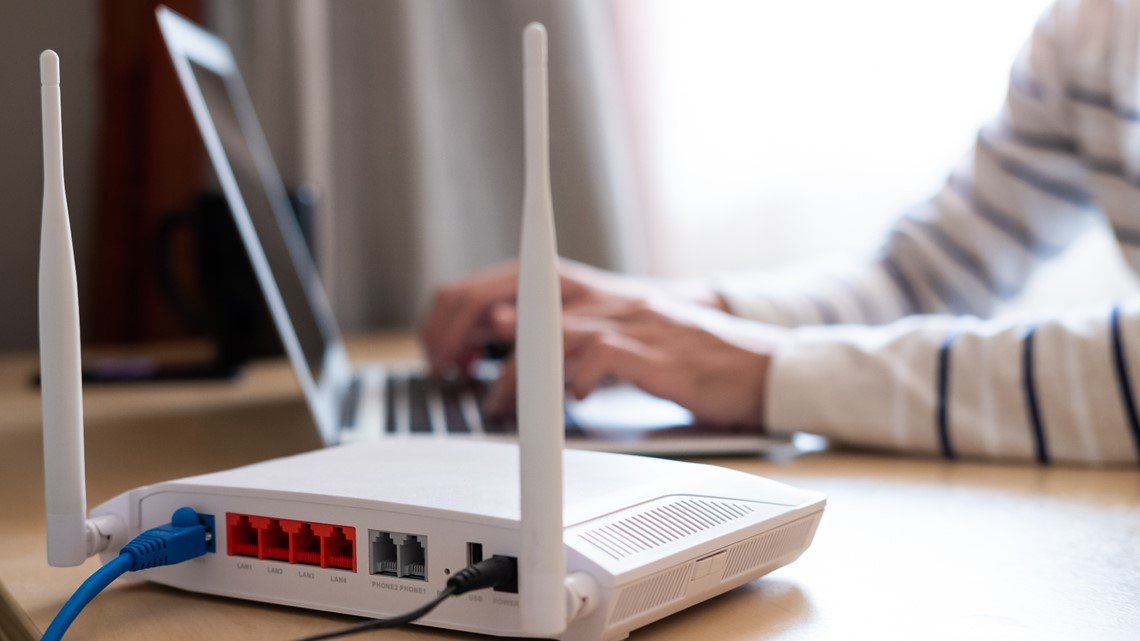The Affordable Connectivity Program has been instrumental in subsidizing internet costs for 23 million households, enabling many customers to access home internet for the first time. However, without action from Congress, this pandemic-era program is set to expire at the end of May.
Launched in December 2020 during the height of the pandemic, the Federal Communications Commission introduced an emergency program offering a $50-per-month subsidy to help low-income individuals connect to high-speed internet. This initiative was later extended with the Affordable Connectivity Program, providing a $30 monthly subsidy for internet service. Presently, an estimated 23 million households benefit from this subsidy, but the program’s future remains uncertain.
Efforts to renew funding for the ACP have hit roadblocks in Congress, signaling its impending expiration. Meghan McCarty Carino from Marketplace discussed the ACP and its impact with Kelcee Griffis of Tech Brew. Below is a condensed transcript of their conversation.
Kelcee Griffis: The Affordable Connectivity Program emerged during a time when the importance of internet access in our daily lives became glaringly evident. Many of us found ourselves confined to our homes, away from traditional workplaces and institutions. For numerous individuals, the ACP has facilitated access to home internet for the first time, filling a crucial gap in their connectivity needs. This initiative has allowed Americans to engage in essential activities that are difficult to perform solely on mobile devices, such as completing school assignments, homework, job applications, and more.
Meghan McCarty Carino: Dorothy Burrell, a resident of Kansas City and a lupus patient, shared her experience benefiting from the ACP. She emphasized the significance of home internet access, particularly during periods when her health restricted her mobility. Through virtual appointments and access to telehealth and mental health specialists, Dorothy underscored how internet connectivity has been a lifeline during challenging times.
Griffis: Indeed, home internet access offers myriad opportunities beyond healthcare, including job searches and remote work. Dorothy, for instance, utilized her internet connection to seek remote employment opportunities. Subsequently, she secured a position as a digital navigator for programs like the Affordable Connectivity Program, enabling her to assist others in accessing essential digital resources.















































